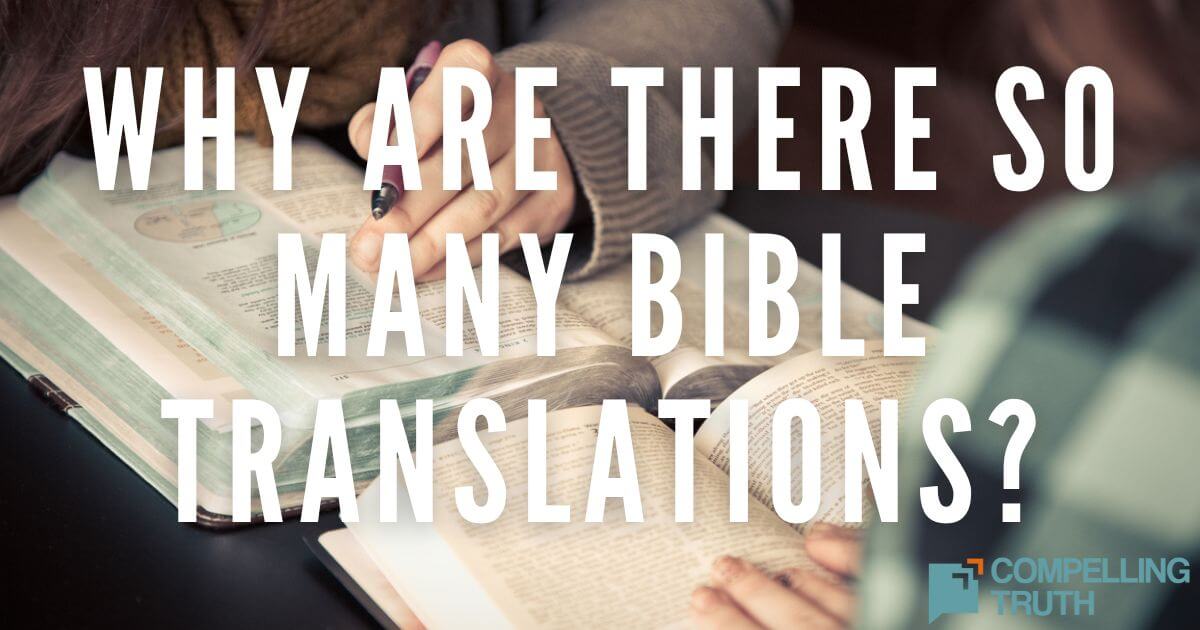what does the bible say?
Scripture has virtually nothing to say about the modern use of copyrights. However, as translations are put together and rendered into different versions (NKJV, NIV, ESV, etc.), copyrights protect those individuals and corporations (Tyndale, Zondervan, etc.) that produce the work.
Copyrights not only protect the corporations but the translation as well. Without a copyright, known as “public domain,” different versions would be subject to free use and would likely be twisted and misquoted even more than they are already. People could alter biblical text without any consequence. Instead, copyrights ensure that translations are used and quoted as intended.
Copyright usage is not the selfish corporate takeover that some accuse it to be. In most cases, authors of Christian non-fiction books only need to print a simple copyright usage page, indicating from which version the references are taken. Others, too, can contact the translations to receive permission to use their translations.




